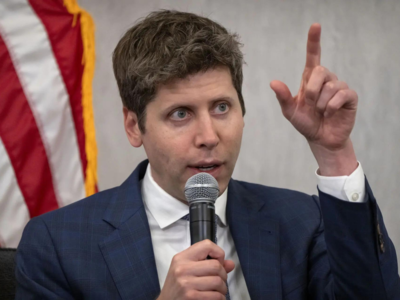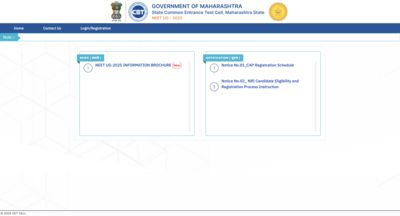In a climate of accelerating technological change, OpenAI CEO Sam Altman has delivered a sobering reality check: Artificial intelligence is no longer just transforming the workplace; it’s poised to replace swathes of it. Speaking at a recent Federal Reserve conference in Washington, Altman offered an unflinching assessment of how generative AI could reshape human labor, raising both practical concerns and existential questions.The conversation around AI’s impact on employment is far from new. But coming from one of the most influential voices driving the technology itself, Altman’s remarks carry both authority and urgency. As the architect of ChatGPT and other cutting-edge AI models, he is not merely forecasting a trend; he is helping to build it.
Customer support jobs could “disappear entirely”
Altman didn’t equivocate when it came to the sector he believes will be first and hardest hit: customer service. According to a report by The Guardian, he stated plainly that AI tools are already capable of managing full customer support pipelines, from simple queries to complex problem-solving, with little to no human input.“That’s a category where I just say, you know what, when you call customer support, you’re on target and AI, and that’s fine,” Altman said in a conference. He emphasised that AI’s ability to respond swiftly, accurately, and without fatigue or emotional friction makes it an ideal replacement for large parts of the service industry.This projection is more than theoretical. Across industries, businesses are already experimenting with AI-powered chatbots and virtual agents capable of holding nuanced conversations, offering troubleshooting steps, and even processing refunds or complaints—all tasks that once required human interaction.
The healthcare paradox: Intelligence without intuition
Altman’s caution, however, was more nuanced when the conversation turned to AI’s role in healthcare. While acknowledging the immense potential of models like ChatGPT to assist in diagnostics and patient care, he offered a personal and telling caveat.“I would not want to rely on that without a human in the loop for my own healthcare,” he said.The statement reflects a critical tension in AI’s application to medicine. On one hand, AI systems can process vast amounts of clinical data, synthesize symptoms, and deliver probabilistic assessments faster than any human practitioner. On the other hand, the human element, judgment, empathy, and ethical reasoning, remains irreplaceable, at least for now.Altman’s perspective suggests a future where AI may serve as a co-pilot in medicine, augmenting decisions rather than replacing the physicians who make them.
An uneasy future for human labour
Beneath Altman’s remarks lies a deeper concern: Whether the social and economic systems currently in place are prepared for the pace of displacement AI may bring. If sectors like customer support can be almost fully automated today, what happens when the same technologies become capable of more cognitively demanding tasks?It’s a question that looms over policymakers, employers, and workers alike. While AI promises efficiency and scalability, it also threatens to destabilize employment in industries that rely on repetition, communication, and process management.What makes Altman’s comments especially notable is the balance of ambition and restraint. As the head of an organization at the frontier of AI innovation, he is simultaneously accelerating its development and acknowledging the profound risks it poses to society if not accompanied by thoughtful oversight.
A voice from the vanguard
Sam Altman’s comments don’t just echo long-standing fears about automation, they sharpen them with specificity. With AI systems already proving capable of handling real-world tasks at scale, the timeline for adaptation is shrinking. Whether in call centers or clinics, the future of work will be increasingly shared with machines. The question is not whether change is coming, it’s how quickly, and how humanely, we choose to navigate it.






